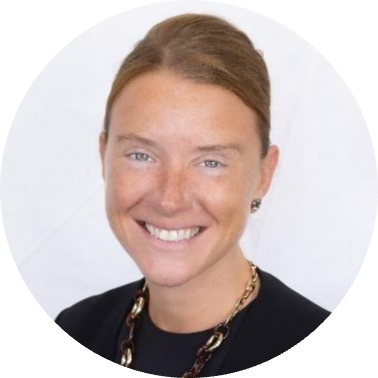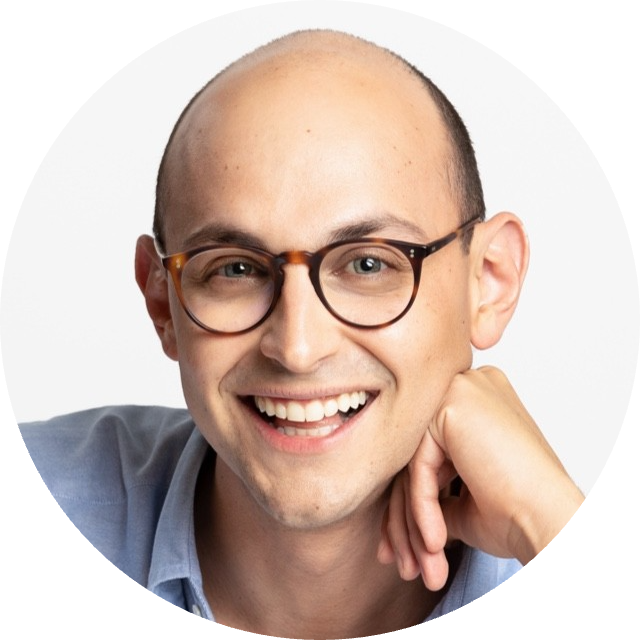Why open enrollment is confusing for everyone, especially Gen Z

It’s open enrollment season again — that period between October and November when workers get to cherry pick their benefits packages. But for Gen Z workers, it’s proving to be a far more stressful time than it should.
It’s a time when employers start to drop all kinds of corporate lingo into their communications with workers, like “deductibles, copays, insurance and premiums.” But for young professionals, some starting their first jobs, it can be like trying to decipher another language. That’s leaving them feeling stressed, and many are choosing to put the whole process on the back burner.
New MetLife data found that 30% of Gen Z workers regret the open enrollment decisions they made last year, with over 25% saying they didn’t select enough benefits. Why? Nearly half of Gen Zers say they procrastinated when choosing benefits and 53% say they didn’t fully understand the benefits being offered. More than half (54%) wish they felt more informed about the benefits their employer offers so they can get the most value out of them. Plus, nearly half (49%) of Gen Z say they don’t understand how benefits impact their finances.
That’s where employers can step up to help, which can ultimately lead to employee retention and loyalty by helping workers understand benefits are a part of their total compensation packages.
“I think it’s stepping back and realizing there is an opportunity to help educate because Gen Zers don’t understand the benefits,” said Jamie Madden, MetLife’s head of workforce engagement and benefits connectivity. “What role can employers take in helping Gen Z and the workforce understand?”
Gen Zers might not necessarily be thinking about health insurance yet due to the ability to remain on parental or guardian-sponsored health insurance in the U.S. until the age of 26. However, there is increasing interest from Gen Zers for things like pet insurance and student debt assistance.
Whether they’re signing up for health insurance or pet insurance, a Gen Zer not understanding how to approach open enrollment can have lasting impacts. A Betterment at Work report found that 63% of Gen Z workers would leave their current job for better benefits at a new job, compared to only 41% of Boomers.
“We are noticing that a company’s benefit offerings are a major factor in a person’s decision to join and/or stay at an organization,” said Mike Lamm, vp of people, Americas at workplace platform monday.com.
Madden agrees. “For those that understand open enrollment and can walk through it, they feel more financially stable. There is a real connection to understanding your benefits and your overall experience with your employer and how loyal and stable you feel. It’s critically important,” she said.
So how can employers ensure that happens? “Whether you have a benefits specialist, an HR generalist, or even a third-party vendor, it is important for companies to have a dedicated person who is able to clearly explain all benefits options to employees and be available for any one-off questions they may have,” said Lamm.
For example, tech-driven insurance brokerage Newfront offers an AI-powered assistant to help answer some of these questions. It’s a benefits assistant that is trained on all of the plans and can answer questions like ‘I’m confused on how this deductible will work.” So far, it has saved HR teams a month of time on average per year to focus on other things.
“CHROs want to attract and retain great talent, including Gen Z, and it’s talent that has access to more opportunities than ever before,” said Gordon Wintrob, co-founder of Newfront. “Continuing to operate in the same old way doesn’t work well. It leads to unhappiness and confusion during open enrollment.”
Something like this can be especially beneficial for a younger professional who might be worried to approach the HR department themselves and prefers this approach.
“Many Gen Z workers prefer information that’s more easily accessible,” said Edward Gottfried, senior director of product management at Betterment at Work. “If your benefits don’t have mobile apps or short video clips explaining the benefits program details, you’re likely missing an opportunity to drive engagement from those workers.”
Madden agrees that a multi-channel communication approach can go a long way. That can look like dispersing information on Slack, and an onsite benefit fair, in emails, or even a microsite that includes all the information an employer has to offer. This approach will help make open enrollment season easier for everyone in the company, not just Gen Zers.
To top it off, research from benefits partner Optavise found that only 60% of Gen Zers know the definition of healthcare terms such as premium, deductible, and copay, and how it relates to their coverage. Half of Gen Zers also said that they turned to family for benefits information, which can lead to incorrect benefits decisions being made. It shows that more work needs to be done to educate Gen Z employees, especially as they start transitioning off of their parents’ plans.
That type of communication is really an investment, stressed Kim Buckey, vp, client services at Optavise. “The more educated employers are about how to use their plans and how to shop for care the better. We spend so much time trying to find the best deal for new phones, cars and computers, and people tend to forget they can do the same thing with prescription drugs, outpatient testing and even surgeries. The earlier in one’s career you learn that, the better equipped you will be throughout your career,” she said.


